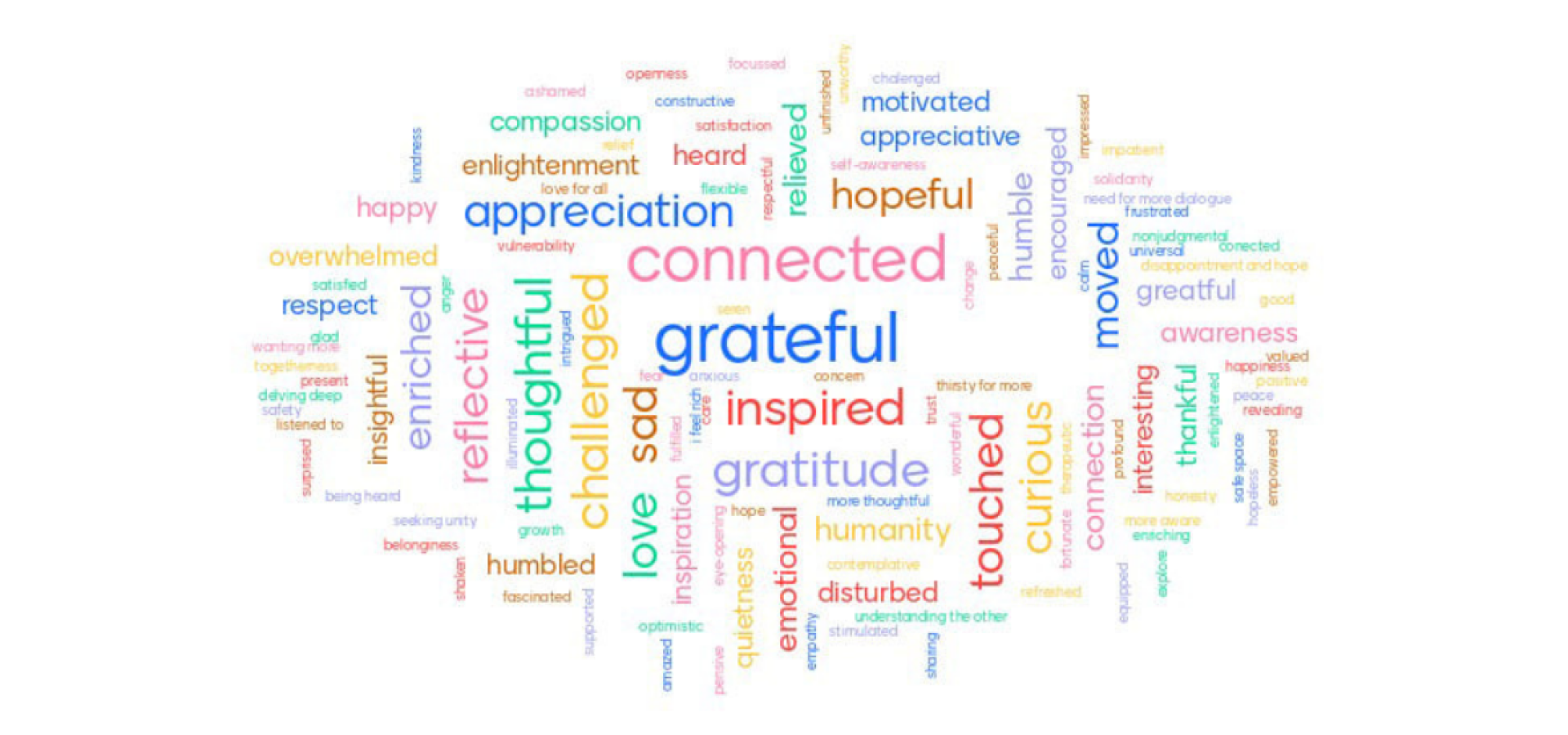Collaborating with Tools for Changemakers at the Caux Forum in 2020
Datum
In July 2020 Creators of Peace were invited to support the Tools for Changemakers (T4C) online conference. El Laskar reports on how learning dialogue tools helps strengthen our resilience to thrive.

